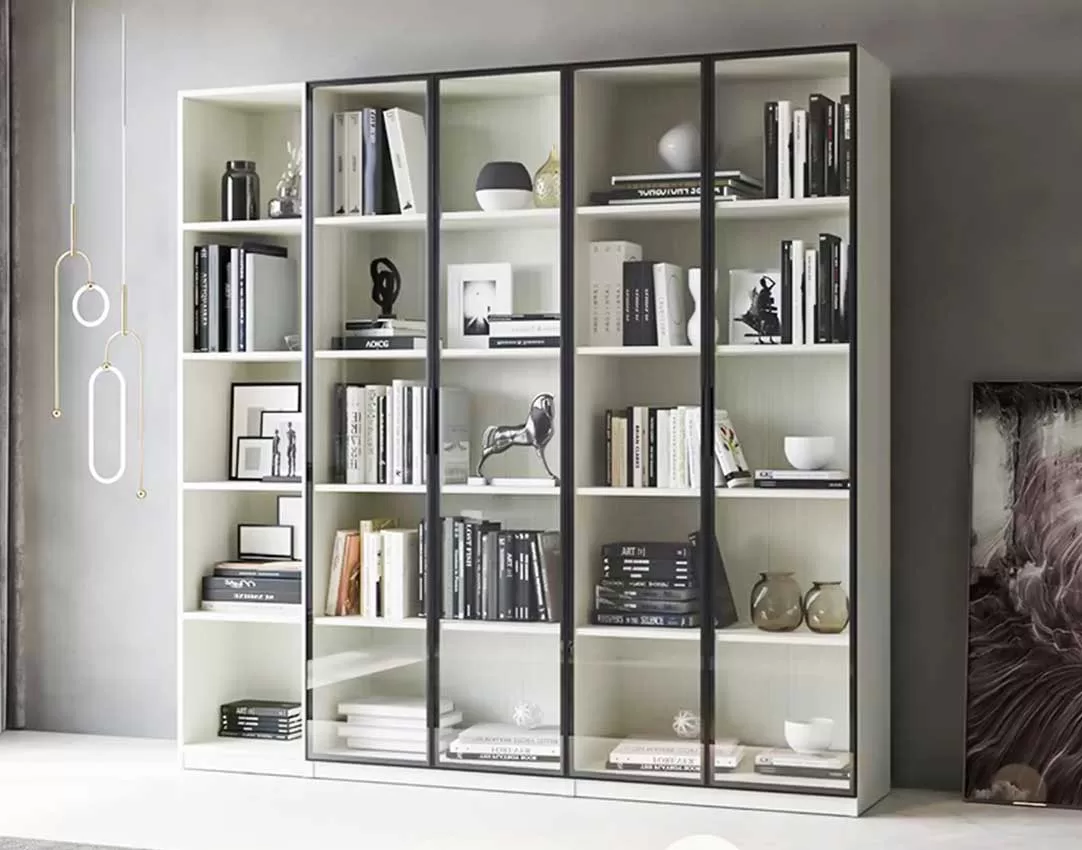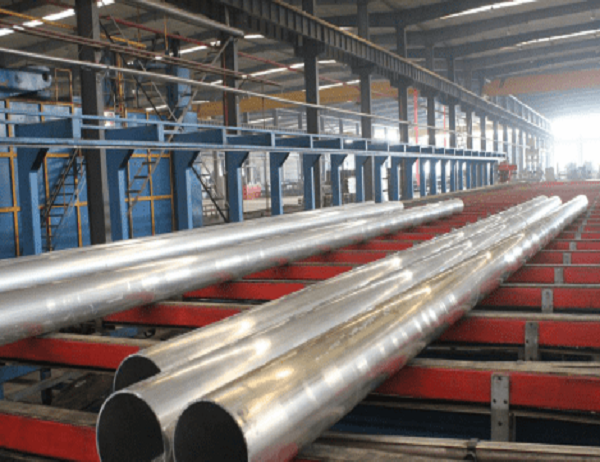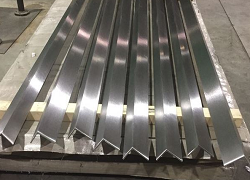Extruded aluminum tubes offer a unique combination of strength, lightweight, and versatility, making them an ideal material for a wide range of product design applications. Their adaptability allows them to be customized to meet specific requirements, and their resistance to corrosion and durability make them suitable for use in demanding environments. This article explores the diverse applications of extruded aluminum tubes in product design, showcasing their versatility and practical benefits.
Extruded aluminum tubes possess exceptional strength-to-weight ratio, making them capable of handling significant loads while minimizing weight. This combination makes them ideal for structural components in applications such as automotive frameworks, aerospace components, and construction elements. Their resistance to mechanical stress and impact ensures durability and longevity in demanding environments, reducing the need for frequent replacements or repairs.
The lightweight nature of extruded aluminum tubes makes them an excellent choice for applications where weight reduction is crucial. In aerospace applications, for example, the use of aluminum tubes in lightweight structures helps reduce fuel consumption and improve flight efficiency. Their ease of transportation and handling also makes them suitable for portable equipment and devices, such as medical equipment or disaster relief supplies.
The extrusion process allows for precise customization and the creation of complex shapes. Aluminum tubes can be extruded in various cross-sectional profiles, such as round, square, rectangular, or customized shapes. This design flexibility enables the creation of intricate components that meet specific structural or aesthetic requirements. The tubes can be further modified through processes such as bending, welding, and anodizing to enhance their functionality or cosmetic appeal.
Extruded aluminum tubes exhibit excellent corrosion resistance due to the formation of a protective oxide layer on their surface. This inherent corrosion resistance makes them suitable for use in marine environments, chemical processing plants, or other harsh conditions where exposure to corrosive agents is a concern. Their durability ensures long service life, reducing maintenance and replacement costs over time.
Extruded aluminum tubes offer good thermal and electrical conductivity. In applications involving heat exchange or electrical conduction, aluminum’s high thermal conductivity allows for efficient heat dissipation. This property makes them ideal for heat sinks, electronic components, and other applications where temperature regulation is critical. Similarly, their electrical conductivity makes them suitable for electrical applications such as busbars, electrical enclosures, and wiring systems.
Extruded aluminum tubes find applications in a vast array of industries and consumer products. They are commonly used in architectural structures, transportation vehicles, electronic devices, medical equipment, and furniture. Their versatility extends from high-performance engineering applications to everyday household items. The adaptability of aluminum tubes allows them to cater to the diverse needs of different industries and applications.
In conclusion, the versatility of extruded aluminum tubes in product design is unmatched. Their combination of strength, lightweight, corrosion resistance, and customizable designs makes them an ideal choice for a wide range of applications. Their adaptability enables the creation of innovative and efficient products that meet specific requirements across various industries and consumer needs. The continued development and refinement of aluminum extrusion technologies will further expand the potential uses of extruded aluminum tubes in product design, leading to even more innovative and functional applications in the future.



